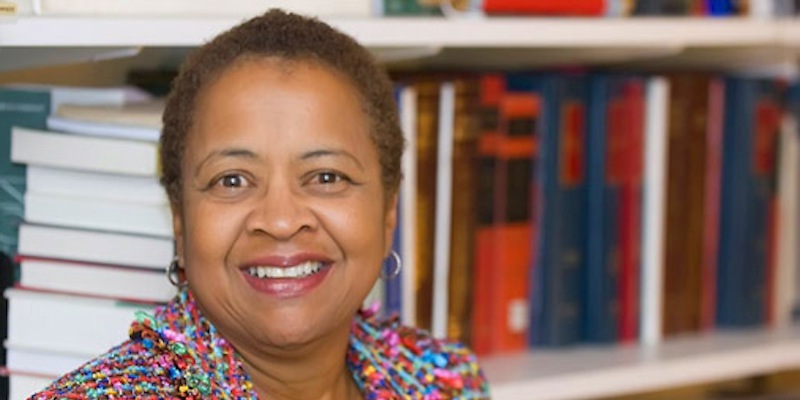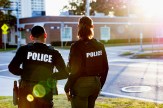3Qs: Illuminating the African-American experience

Friday afternoon, Pulitzer Prize-winning author Isabel Wilkerson will give a lecture at Northeastern’s School of Law entitled “Voices from the Black Migration.” The event is sponsored by the Civil Rights and Restorative Justice (CRRJ) Project, and is part of a day of programming in which Northeastern will celebrate the life and legacy of Dr. Martin Luther King Jr. We asked law professor Margaret Burnham, who founded CCRJ, to explain both the significance of Wilkerson’s visit and students’ participation in the project.
What is the significance of Wilkerson’s work? What does this event mean for Northeastern?
Isabel Wilkerson’s award-winning work has received wide acclaim across the country. She’s told a story that has not been fully illuminated in the American understanding of the African-American experience. It’s a pleasure to have her at Northeastern, in particular to have her addressing our students so closely engaged in investigating the history of African-American migration.
Our students have represented family members of those victimized by violence in the South in connection with cold cases. The violence often not only affected the victims, but also disrupted the lives of the families left behind. Some of the stories involved family members’ harrowing escapes from city to city, fleeing from the Southern retaliation. In this program, two of these family members will speak about their experiences, and Wilkerson will discuss the broader African American migration, how it reshaped our country and how families lost their land and sense of place on account of civil rights era violence.
In 2012, we memorialize Martin Luther King Jr. as the history of the civil rights movement is still being recovered and preserved. The work of Wilkerson and the Civil Rights and Restorative Justice Project add to this transformative history the lesser-known narratives of the people who endured, fought and survived the authoritarianism and racism of the South.
How do students benefit from working on the CRRJ Project?
Our students reconstruct these legal and historical events to determine whether new legal action can be taken to remedy these past harms. They’re applying their legal skills to an issue of great current significance, and they are a part of a national effort to ensure that these cases become part of American history and are redressed while there is still time to do so. They are serving the public good, and gaining access to a piece of history that would not be available by just sitting in a law school classroom. Students travel to these places to meet with local experts, historians and investigators, as well as community members who care deeply about these cases. They are providing legal services to a community that would otherwise be unrepresented.
From a law perspective, how far have we come as a nation to addressing these issues?
We call this retail justice work. These are families who’ve been bypassed by all the civil rights laws that have effectively transformed our society. In many cases, people never returned to land or businesses that had been in their families for generations. They left with the clothes on their backs and fled, fearing for their lives. There’s never been any systematic effort to recognize and redress these cases, and although this is obviously a very different country from the one Martin Luther King Jr. sought to transform, there are these lingering issues that need to be understood by Americans as a whole. That’s where we can play a role.
The event, “Voices of the Black Migration,” will be held from 4 p.m. to 6 p.m. in 240 Dockser Hall in the School of Law.





